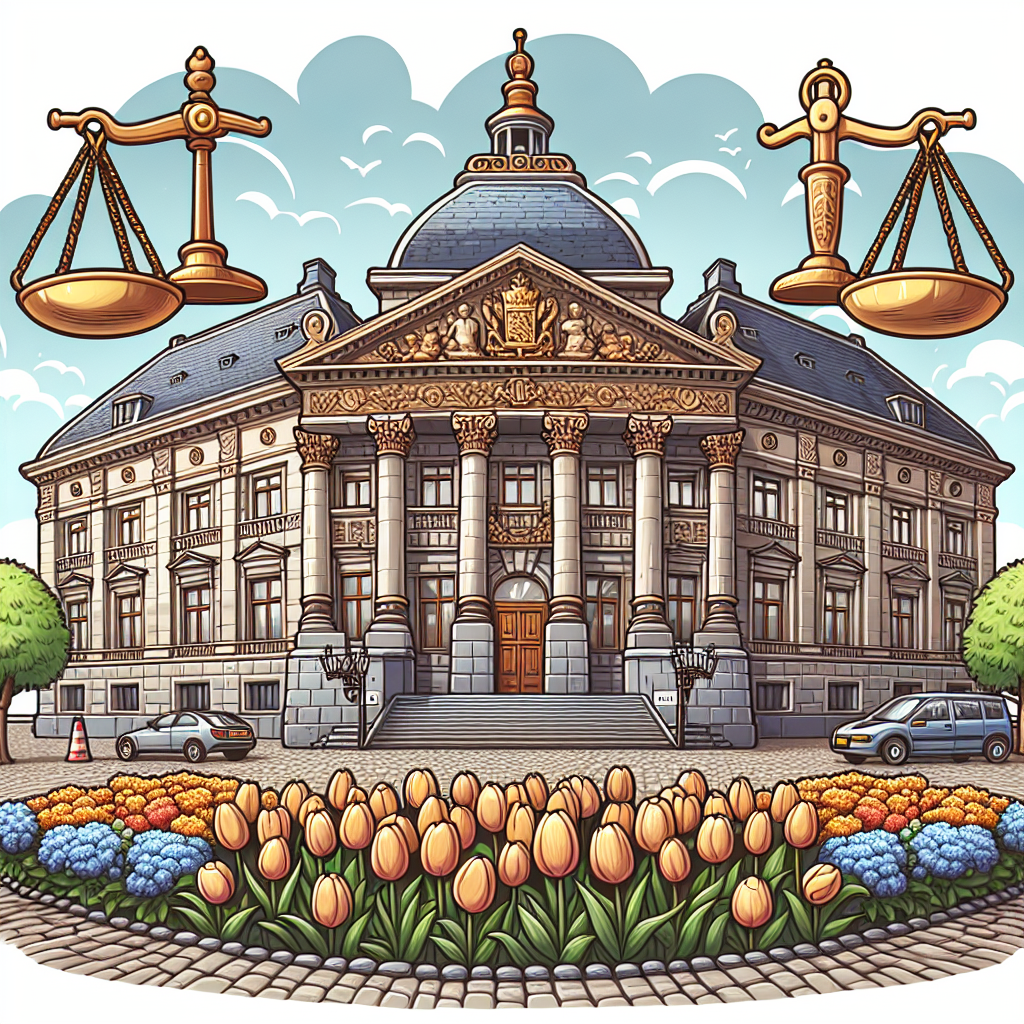Supreme Court Stands Against Censorship of Journalists
The Supreme Court emphasized that journalists should not face criminal charges solely for criticizing the government. It addressed the plea of journalist Abhishek Upadhyay, who faces an FIR in Uttar Pradesh. The court stressed the protection of free expression under Article 19(1)(a) of the Constitution.

- Country:
- India
The Supreme Court delivered a significant ruling stating that journalists should not face criminal charges merely because their writings are perceived as critical of the government. This decision underscores the protection of free expression and the media under Article 19(1)(a) of the Constitution.
The court was addressing the plea of journalist Abhishek Upadhyay, who sought the quashing of an FIR lodged against him for an article concerning caste dynamics within Uttar Pradesh's administration. The bench criticized the use of FIRs to silence dissenting voices in a democratic society.
While issuing a notice to the Uttar Pradesh government requesting a response to the plea, the Supreme Court instructed that no coercive actions be taken against Upadhyay pending further hearings. The case highlights ongoing concerns about legal pressures on journalists.
(With inputs from agencies.)










